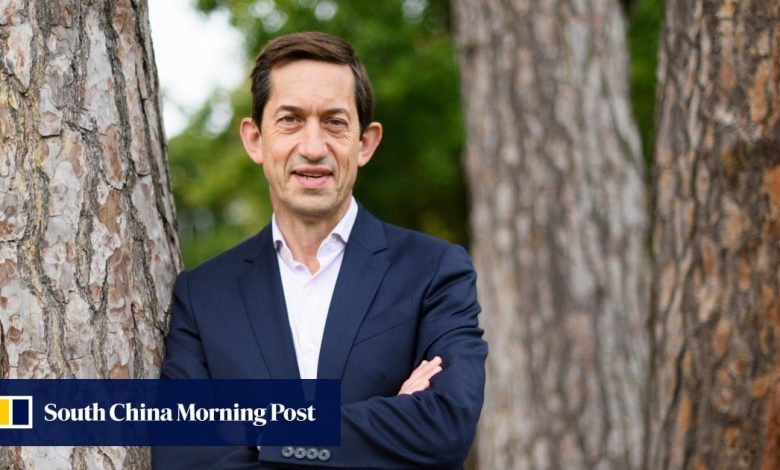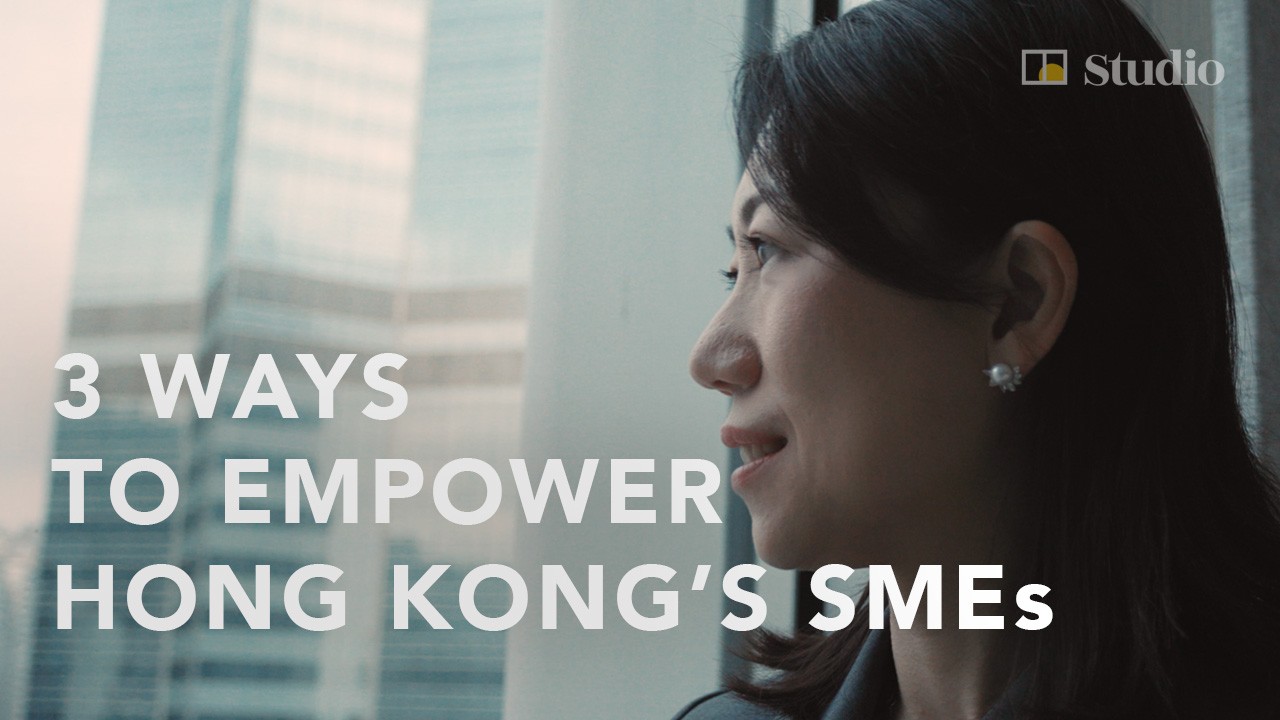Nurture Hong Kong’s start-up scene to compete for global talent, INSEAD dean says

Hong Kong should nurture the potential of start-up companies in the city, a key to attracting and retaining skilled workers amid competition among regional hubs for talent, according to the dean at INSEAD, a French non-profit graduate business school.
A vibrant scene will help mitigate some of the concerns, such as steep living costs, that prevent global talent from choosing the city, according to Francisco Veloso, the dean of INSEAD. More can be done to raise the visibility and reputation of Hong Kong beyond its traditional status as a financial hub, he added.
“For Hong Kong to continue to push to be at the forefront of new entrepreneurial areas is very important,” said Veloso, who visited Hong Kong last week to meet its alumni. “People, and talented people in particular, really want to be where the intellectual and innovative action is.”
INSEAD, which has locations in Fontainebleau in France, Singapore, Abu Dhabi and San Francisco, was ranked second in The Financial Times’ 2024 list of the world’s top MBA schools.
Around three out of four companies in the city have experienced a talent crunch, according to a survey conducted by the Hong Kong General Chamber of Commerce last year. The desire for higher pay and emigration were the top reasons for the squeeze, according to the survey.
While much has been achieved, Hong Kong has continued to trail Asian peers by a wide margin. It ranked 11th among 30 start-up ecosystems in Asia, according to the Global Startup Ecosystem Report 2024 published by research firm Startup Genome. Singapore, Beijing and Seoul led the league table.
“Supportive ecosystems typically have strategies that involve attracting, retaining and training relevant talent for start-ups,” said Christopher Haley, head of research at Startup Genome. Such measures include favourable visa schemes for entrepreneurs, he added.

Besides making it easier for start-ups and founders to establish themselves in Hong Kong, these measures serve as a “signalling effect” to highlight the government’s support for entrepreneurship, according to Veloso.
Business schools have a role to play too, as universities can foster an entrepreneurial mindset by imparting practical skills and knowledge while providing a safe environment to prototype new ideas, he said, adding that “the strength of universities as a magnet for talent is super important.”
Public universities in Hong Kong can admit up to 40 per cent of non-local students, starting this academic year. While INSEAD has no plans to set up a campus in Hong Kong, Veloso stressed that the city remains “an extremely meaningful region and market for us”.
Hong Kong is one of the top destinations that Insead’s MBA alumni head to after their graduation. The city is attractive because of its role in connecting China and the rest of the world.
“It’s an environment that is closer to what people in other parts of the world may be comfortable with doing, but in a way that provides additional access and connectivity to the Chinese environment,” Veloso noted.
“The appetite and interest for the Chinese economy from other parts of the world and vice versa is not going to go away,” Veloso said.






